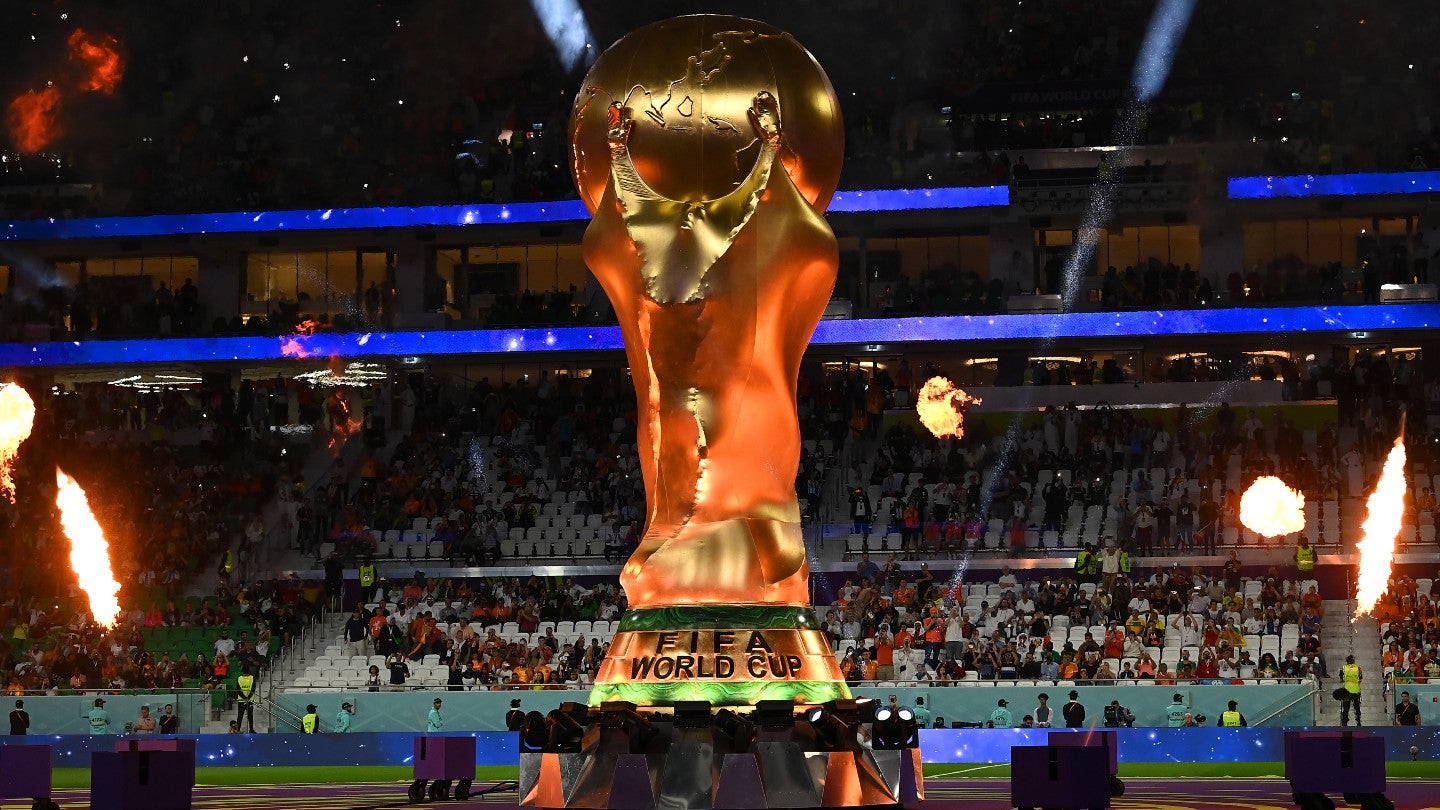
New Zealand is hoping to partner with Australia to stage soccer’s showpiece men’s FIFA World Cup due to the success of co-hosting the ongoing women’s edition.
The 2023 Women's World Cup – the first to feature 32 teams and be hosted by more than one country – has generated record attendance for the tournament and record crowds for women's soccer matches in Australia and New Zealand.
World soccer’s governing body FIFA today (August 15) revealed that 1.77 million tickets have been sold for the tournament so far, with a total attendance of 1,734,028 for the first 60 games and with four more to go.
FIFA said the average crowd for fixtures across the 10 venues had been 28,900, more than 7,000 above the average for games at the 2019 edition in France and more than 4,000 above the historical average at the eight previous Women’s World Cups.
Pragnell told New Zealand news outlet Stuff: “We are both obviously rapt with how the tournament has gone. FIFA is over the moon and couldn't be happier also. We’ve shown what we always knew – that we would host the best-ever Women’s World Cup.

US Tariffs are shifting - will you react or anticipate?
Don’t let policy changes catch you off guard. Stay proactive with real-time data and expert analysis.
By GlobalData“It's only natural that at some time in the future we would host a men's World Cup. It’s likely to be some sort of Asia-Pacific partnership, and I would see Australia and NZ as a foundation of that, for sure.”
Football Australia chief executive James Johnson has previously expressed an interest in hosting the 2034 World Cup. He admitted that the 2030 tournament is likely to be awarded to a nation in Europe or South America as Asia and North America were awarded the 2022 and 2026 editions, respectively.
But Football Australia is more optimistic about 2034 and reportedly held talks with state-based major events officials back in 2021.
Australia previously failed in its attempt to land the World Cup for 2022 after missing out to Qatar.
The national federation was heavily criticized after receiving just one vote after that bidding process, despite spending around AUD45 million ($29.6 million) on the bid.
The country opted not to enter the running for the 2026 tournament, which will be co-hosted for the first time by the US, Mexico, and Canada.
Johnson has repeatedly said Australia would like to host the men's World Cup but will need stadiums that meet FIFA requirements.
The governing body requires host venues to have minimum seating capacity of 40,000 for group stage matches, 60,000 for semi-finals, and 80,000 for the final.
Auckland's 50,000-seat Eden Park is New Zealand's only stadium that meets the criteria for group matches.
Pragnell said New Zealand would want to work with FIFA on the stadium issue.
He said: “I don’t think anyone wants to see a scenario where infrastructure is built that wouldn’t be used again. From our experiences with FIFA in this World Cup, they are willing to work with you and be flexible.”
A joint bid by Spain, Portugal, and Morocco is considered the frontrunner to land the 2030 World Cup but will face competition from a joint South American bid based around the 100th anniversary of the first men’s FIFA World Cup in Uruguay. That involves Uruguay, Argentina, Chile, and Paraguay.
Saudi Arabia recently withdrew its interest in staging the 2030 tournament alongside Greece and Egypt due to the perceived strength of the opposing bids.
Image: Claudio Villa/Getty Images



